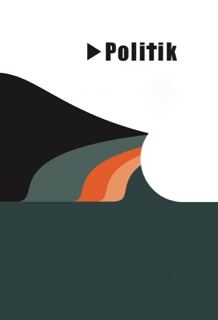What Does ‘Lügenpresse’ Mean? Expressions of Media Distrust on PEGIDA’s Facebook Pages
DOI:
https://doi.org/10.7146/politik.v20i4.101534Resumé
The recent rise to prominence of populist politicians and movements throughout the West is often explained with reference to popular dissatisfaction with “the elite” (Mudde 2004), r. e. politicians estranged from the people they represent or journalists representing the establishment rather than acting as watchdogs of those in power. Lacking in such explanations is often a substantial account for the reasons behind popular dissatisfaction. In this article, we analyze the protest movement PEGIDA’s criticism of the press (i. e. “Lügenpresse”, the “liar press”) on Facebook. What are the main points of criticism of the press and what are the reasons expressed for this criticism, and how do they refer to traditional media in the postings? We conduct a qualitative content analysis of PEGIDA’s Facebook pages in Germany, Austria, Sweden and Norway. The focus lies on postings referring to mainstream media. The study shows that there are two main types of references: affirmative references to prove one’s own positions and contesting references which comprise media criticism.
Downloads
Publiceret
Citation/Eksport
Nummer
Sektion
Licens
Forfattere, der publicerer deres værker via dette tidsskrift, accepterer følgende vilkår:
- Forfattere bevarer deres ophavsret og giver tidsskriftet ret til første publicering, samtidigt med at værket er omfattet af en Creative Commons Attribution-licens, der giver andre ret til at dele værket med en anerkendelse af værkets forfatter og første publicering i nærværende tidsskrift.
- Forfattere kan indgå flere separate kontraktlige aftaler om ikke-eksklusiv distribution af tidsskriftets publicerede version af værket (f.eks. sende det til et institutionslager eller udgive det i en bog), med en anerkendelse af værkets første publicering i nærværende tidsskrift.
- Forfattere har ret til og opfordres til at publicere deres værker online (f.eks. i institutionslagre eller på deres websted) forud for og under manuskriptprocessen, da dette kan føre til produktive udvekslinger, samt tidligere og større citater fra publicerede værker (se The Effect of Open Access).

